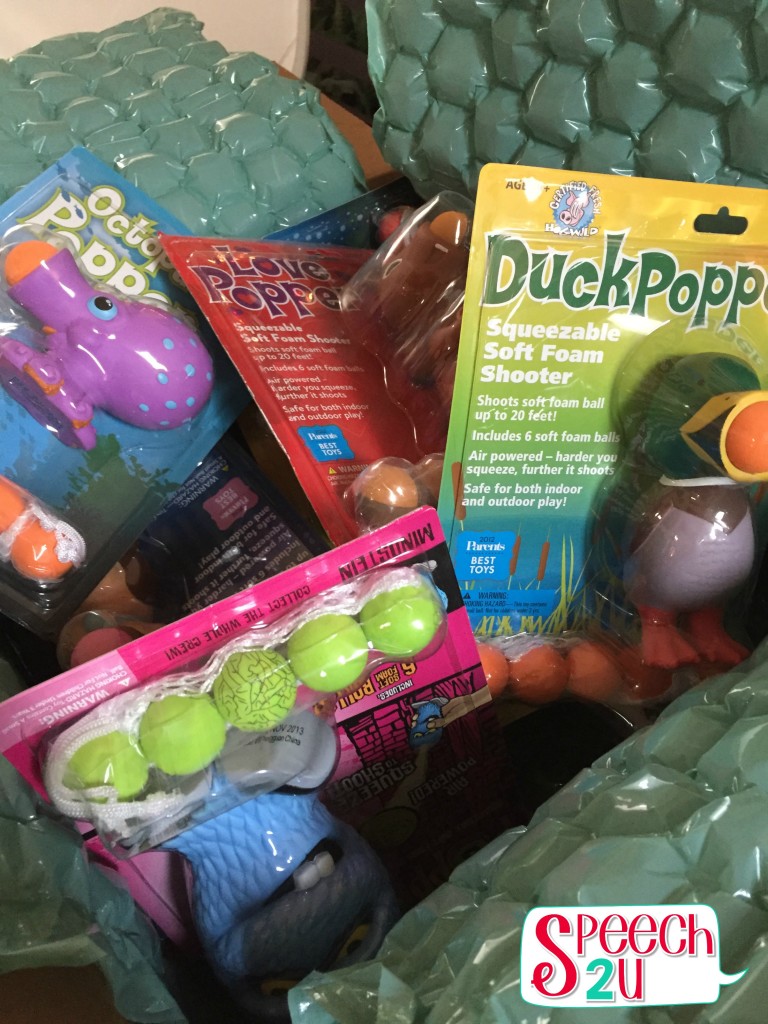
Increase Motivation Tip #1: Use Special Interests
Celebrities jobs are keeping fit. My job is making sure that I know the current trends. I need to know the latest movies, the characters from Star Wars, who is Steve is and what a creeper does. I’m fortunate in that I have an 8 year old right now-but when I didn’t-I went and saw or rented a lot of kid movies. You don’t have to be an expert-but having a few names to throw out there-opens a door. Let the teach you about what they love.
Not familiar with Star Wars? Shame on you-haha. Check out my FREE Star Wars Articulation List and updates. 
Motivation Tip #2: Make Adjustments, not corrections
Some students have a really hard time hearing that they are incorrect. They might argue with you and tell you that they did say it right. The ability to self monitor is important-but you could try making adjustments instead of corrections. These may be your students with a fixed mindset, or they may have explosive rage issues. For these students I don’t correct them. Instead I will ask for a repetition with an adjustment. For example, if I am working on the word “thorn” and my student says, “forn” I might say, “Okay, bite your tongue and say “thorn” or let’s try that word again but this time bite your tongue and blow. If I can get them to do that-then I can work on discrimination. Let’s try something fun. Bite and blow and say thorn? Do you feel how your tongue is out? Let’s try it this way-keep your tongue in and say it? Which one sounds better to you. You may have to play around to see what works best for your student, but this works well for me with students that have explosive disorders.
Motivation Tip #3: Pre-teach and use Errorless Learning Techniques
This works particularly well with vocabulary and language therapy. No one wants to be wrong. Think about how often our language students are wrong during their day-how often do they get things right. How does that feel over time? I think some of my clients who shut down are afraid of more failure. It’s better to not give an answer than to be wrong. Pre-teach is giving them the answer before you start. I think syntax is an area where sometimes it seems like we are drilling and hoping that they get the answer right over time. Let’s compare two different sessions:
Session One: Therapist pulls out two cards and hands the student a bug swatter. Swat the boy who ran. (boy swats the boy who is running.) Therapist teaches, Look the boy is running in this picture it is happening now. Ran means he is finished running, find the picture where he is all done. Student swats that picture.
Session Two: Therapist pulls out two pictures and says, “Look here a boy is running, Here he is all done: he ran. I think he ran a long time (points to picture). Where do you think he ran? I think maybe he ran from Canada. He is so tired, how many miles do you think he ran? Can you show me the picture where the boy ran? Student swats the correct picture. “Yes! You are really figuring out these past tense words-we know that this picture is ran because the boy is done running.”
We are using a fun activity in both-but which session do you think seems more skilled-and which session-is teaching more? If you were a child, which session would you prefer?
Motivation Tip #4: Change Your Session Structure

Work first then reward. It’s how I’m writing this blog post. In 20 minutes, I’ll be done and I’m going to drink a latte. Yum! This works for most students-but the students that I am talking about may have difficulty delaying gratification-or they may have just come into the clinic after a long day of school. What if we started our session with something really fun?
Try starting your session off with a 5 minute fun activity-ball poppers are my favorite. I use pool noodles for a quick sword fight (at clinic-not when I’m at the school). We listen to favorite song and have a dance party, we talk about Poke-mon and our what new cards we have. Of course, students should know that we don’t play games in speech-but these kids need this. If you don’t provide it-they are going to burn out-and you will burn out for speech. Give them the game-make it short-the fun activity and help them improve their communication skills so that they can get a job someday. Starting off with a fun activity gets the juices flowing and releases endorphins. You don’t dread speech therapy because you know you are going to start off with something fun-and they are going to be more likely to cooperate with your next activity.
Motivation Tip #5: Give Specific Praise and Feedback
The concept of growth mindset encourages us to value effort and work rather than skill or natural talent. When giving praise or feedback in sessions, I try to be specific about what they did-so they know to do it again. For example, if I am working on production of /r/, I might say, “Yes! You moved your tongue back and up and now I can hear that /r/ sound. Let’s try it again.” The other thing that I try to do is show them how their work is helping them to improve. A lot of my clients and students don’t realize that it is their effort that is helping the improve their skills. I might say something like, “Wow, you told me three different things about giraffe. You told me that it was a jungle animal, that it had a long neck and that it likes to eat leaves. That really helps me to understand what a giraffe is. Remember when you could only tell me one thing about a giraffe? You are really growing your skills with defining.” Use graphs or keep portfolios to help show your students how they are helping to change their skills. Over time, this should increase their confidence and help them to understand that their hard work is paying off.


What a great post. I love your blog because your posts are always real life and super practical! I wish speech students would be taught to Teach Before You Test, since the focus on drill, repetitions, and data is where we first lose sight of the most important step…TEACH the skill! I wanted to suggest a third version of the session above. Instead of the picture card, you could run to the table with the student, while saying, “We’re running!” After reaching the table, say,”We just ran.” Now some animals or action figures get to run across the table…”What did the horse just do?” Some of my students have picture card burnout, and in all honesty, I do too! ?
Loved this. So insightful!!!
Thanks!